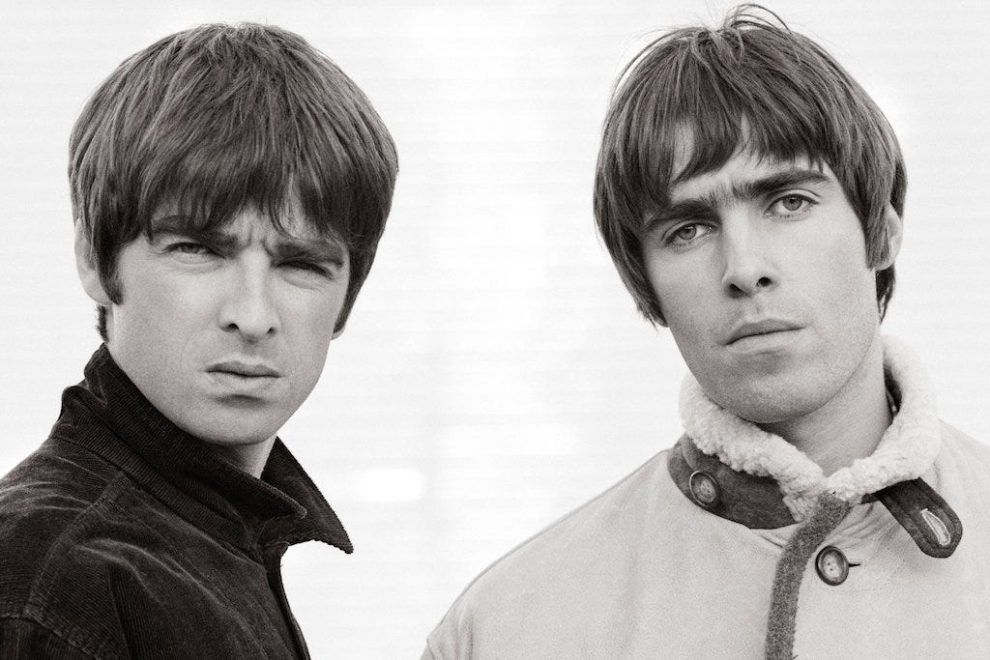OASIS, the legendary rock band synonymous with Manchester’s vibrant music scene, are celebrated for defining a generation with their anthemic sound. However, their links to Wales are both profound and pivotal, playing a crucial role in the band’s rise to global stardom. From significant recording sessions to the influence of their Welsh manager, Marcus Russell, Wales has been an unsung hero in the Oasis story.
One of the most pivotal figures in the band’s history is Marcus Russell, their long-time manager, who hails from Ebbw Vale, Blaenau Gwent. Russell’s journey with Oasis began at a small gig in Manchester, where he was struck by their raw talent and potential. With a deep-rooted passion for music nurtured during his youth in South Wales, Russell took on the role of their manager, guiding the band from obscurity to international fame. His influence was instrumental in transforming Oasis into one of the biggest bands in the world. Despite his global success, Russell has remained deeply connected to his roots, serving as the owner and benefactor of Ebbw Vale Rugby Club for over 15 years—a testament to his enduring loyalty to his hometown, even as he navigated the complex world of rock management.
The importance of Wales in Oasis’s rise to fame is further underscored by their early recording sessions. In 1993, on the cusp of their breakthrough, Oasis recorded much of their debut album Definitely Maybe at Monnow Valley Studio in Rockfield, Monmouthshire. This renowned studio, with its serene setting and rich history, provided the perfect backdrop for the band to craft the sound that would define the Britpop era. The sessions at Monnow Valley were critical in capturing the raw energy and emotion that propelled the band to stardom. Tracks like “Slide Away,” one of the few from these sessions to make it onto the final album, still resonate with the distinctive vibe of their Welsh recording environment.
But Monnow Valley wasn’t the only Welsh studio that played a part in Oasis’s ascent. The band also recorded at Rockfield Studios, another legendary site near Monmouth, where countless iconic albums have been produced. Under the guidance of Russell and producer Owen Morris, Oasis recorded tracks for their follow-up album, (What’s the Story) Morning Glory? The album’s success, featuring enduring hits like “Wonderwall” and “Don’t Look Back in Anger,” solidified Oasis’s place in music history and further entrenched their connection to Wales.
The Welsh influence in Oasis’s story continued with Andy Bell, who joined the band as bassist in 1999. Originally from Cardiff, Bell was a key figure during a transitional period for Oasis, contributing to albums like Heathen Chemistry and Don’t Believe the Truth. His Welsh roots and musical prowess helped maintain the band’s momentum, ensuring that the Welsh influence within Oasis persisted into their later years.

Beyond recording studios and personnel, the relationship between Oasis and Wales extended to the broader music scene. Marcus Russell’s strategic decisions also benefited Welsh bands like the Manic Street Preachers, who gained significant exposure by touring with Oasis during their formative years. This collaboration not only bolstered the Welsh music scene during the 1990s but also brought attention to Wales’s rich musical heritage, further cementing the country’s place in the history of British rock.
The significance of these Welsh connections is evident as Oasis prepares for their highly anticipated reunion tour, which fittingly begins in Cardiff. Starting the tour at the Principality Stadium—a venue that holds special significance for both the band and Marcus Russell—is a fitting tribute to Wales’s crucial role in their story. For Russell, the Cardiff concert represents more than just another gig; it’s a homecoming, a chance to bring Oasis back to the place where so much of their journey was forged.
While Oasis will always be synonymous with Manchester, their ties to Wales have been fundamental in shaping their journey to stardom. From the critical recording sessions at Monnow Valley and Rockfield to the guiding hand of Marcus Russell, the band’s story is as much a part of Welsh music history as it is of British rock. As the band embarks on their next chapter, beginning in Cardiff, their enduring connection to Wales serves as a poignant reminder that the path to greatness often winds through unexpected places. For Oasis, the Welsh chapter of their story remains one of the most significant, with the serene landscapes of Monmouthshire and the steady hand of their Welsh manager playing an indelible role in their extraordinary career.













